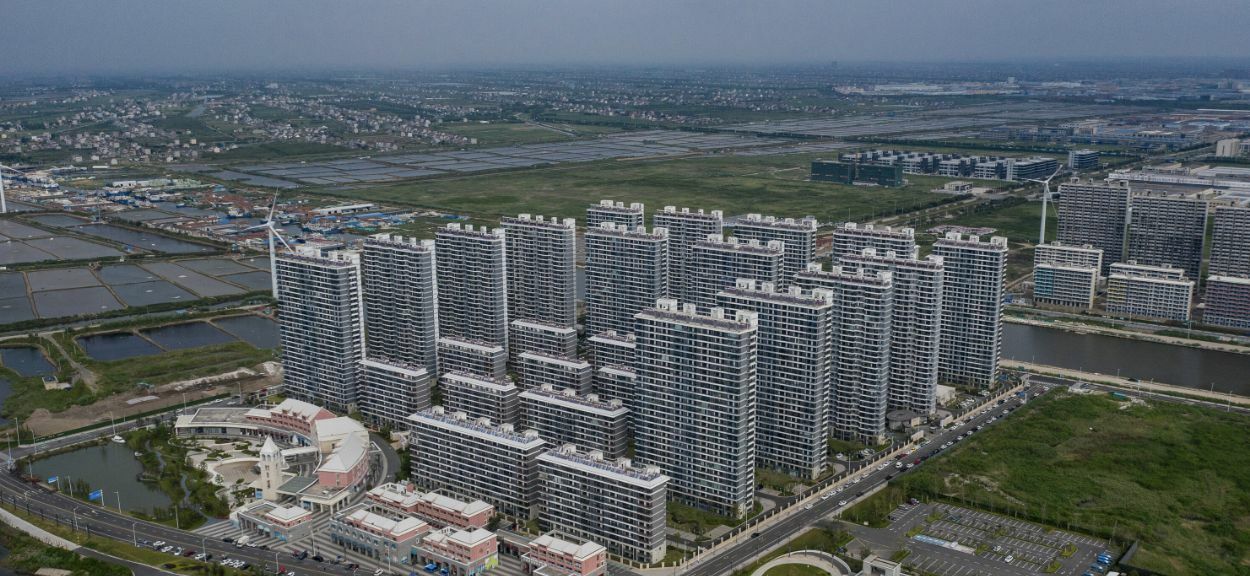Asia-Pacific bond defaults surge amid China’s real estate crisis

Asia-Pacific bond defaults are on the rise, outpacing the global average, amid China’s real estate crisis. A joint study by the Federation of Thai Capital Market Organizations (FETCO) and the Capital Market Development Fund (CMDF) highlighted a concerning uptick in debenture default rates, signalling a potential global crisis.
The study revealed that bond defaults occurred at a faster pace in Asia-Pacific, even though these bonds generally have superior credit ratings compared to other regions. The average time to default for these bonds is 3.5 years, more than twice as fast as the global average of 6.2 years.
Investors are concerned as bond default rates are rising around the world, FETCO and the CMDF noted in their research. Many companies both in Thailand and abroad have begun to experience more problems this year because of the global economic slowdown that has lasted for many years, aggravated by the pandemic that started in 2020. The US’s monetary policy of raising interest rates to curb inflation was another factor causing businesses to suffer.
They further noted that the continued uptick in interest rates had a significant impact on the bond market, causing default rates to rise.
In 2022, the global default rate of speculative-grade bonds increased to 1.9% from 1.7% the previous year. In contrast, the Asia-Pacific region saw its default rate double from 3.2% in 2021 to 6.4% in 2022.
From 1993 to 2022, there were only 131 corporate defaults in Asia-Pacific. However, the total value of global corporate defaults surged past US$107 billion last year, with over US$1.5 billion occurring in Asia-Pacific. This marked the region’s highest rate of defaults since 1997.
The study noted that the majority of bonds issued in Asia-Pacific, including Australia, New Zealand, and several emerging markets, were rated BBB investment-grade bonds. Conversely, the majority of bonds issued globally were lower grade, primarily rated B or speculative-grade bonds.
Data from the Securities and Exchange Commission indicated that as of the end of August, the value of Thai investment-grade bonds was 27 trillion baht, making up 93% of all debt securities. An analysis by the Thai Bond Market Association established that bonds of all ratings face a probability of default to some degree.
Bonds rated above BBB are considered investment-grade, while those rated below BBB are speculative-grade bonds. Bonds rated between B- and CCC+ have an average 20% chance of default, while those rated CCC+ to C face a 20% to 100% chance of default, the analysis showed.
In every economic crisis, the number of corporate bond defaults increases significantly, the research concluded, Bangkok Post reported.
Follow more of The Thaiger’s latest stories on our new Facebook page HERE.
Latest Thailand News
Follow The Thaiger on Google News:


























